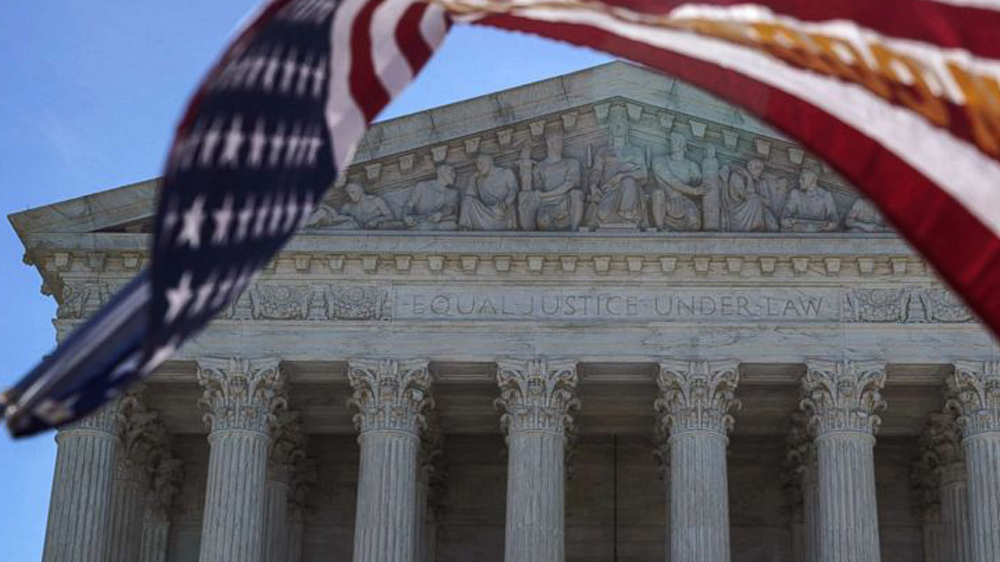
Affils Join Call For SCOTUS To Consider Dereg

The Big 4 affiliate groups on Friday joined the NAB and other broadcasters in calling on the Supreme Court to reverse a ruling by the Court of Appeals in Philadelphia that slapped down the latest attempt of the FCC to relax it broadcast ownership rules.
The same Third Circuit has struck down two other attempts by the FCC to deregulate ownership since 2002, the affiliates said in their amicus brief.
If the Supreme Court doesn’t intervene now, they said, the question of easing broadcasting’s structural regulation will continue to bounce back and forth between the FCC and the Third Circuit for many more years with no resolution as competition from other TV media continue to eat away at broadcasting and the services it provides.
“The FCC’s anachronistic ownership rules place local broadcasters at a decided disadvantage against other competitors in the complex, fast-evolving, highly competitive video marketplace,” the affiliates said.
At issue is a November 2017 decision by the FCC to eliminate the ban against common ownership of broadcast stations and newspapers in the same market and against owning two TV stations in small markets.
If allowed to stand, the action would also have allowed the FCC to consider common ownership of Big 4 network affiliates in a market on a case-by-case basis.
Petitioned by groups opposed to excessive media consolidation, the Philadelphia court vacated the FCC action last fall, saying it had failed to consider its impact on media ownership by women and minorities.
Broadcasters led by NAB asked the Supreme Court to intervene on the matter in April.
Broadcast deregulation is one of national importance, and prompt relief is critical, the affiliates said in support.
“The way must be cleared for the FCC to discharge its statutory responsibility to modernize its local media ownership rules, without further delay, in order to allow television stations to achieve efficiencies and economies of scale made possible by consolidation.
“If it is not, many broadcasters, particularly those in smaller media markets, will be unable to maintain competitively viable businesses.
“Many will suffer the same fate as local newspapers, and the losses will be felt by viewers in communities across the country who rely on local television to provide essential news, weather, sports, public affairs and emergency programming.”
Mark Prak, one of the attorneys representing the affiliates, said one problem is that the appeals keep going to the same court and a panel with two or the same judges.
“As a result, there was no percolation of the issues by different appeals courts, as is customarily the case,” he said. “I also think that two judges on the Third Circuit lacked the humility so essential to the judicial role and arrogated to themselves the ability to attempt to substitute their own policy choices for those of the expert agency charged with making such public policy line drawing decisions.”
The high court rarely takes cases that do not involve conflicting opinions by multiple circuit courts as in this case. But because the U.S. solicitor general weighed in on this case (on the side of the broadcasters), Prak said, the chances are as great as 35%.
































Comments (0)